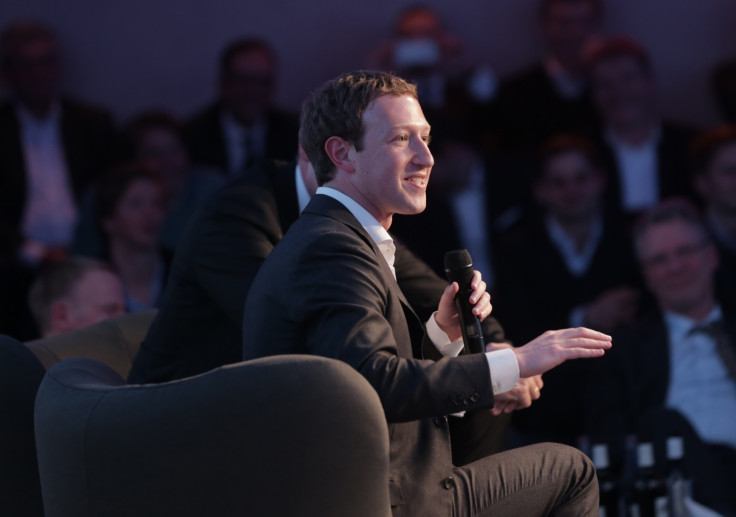Net neutrality debate: Republicans want Facebook, Google, AT&T CEOs to testify before Congress
The invitation comes as the US FCC moves to overhaul landmark Obama-era internet privacy rules.

House Republicans are calling on the CEOs of major technology and telecommunications companies including Facebook, Google parent company Alphabet, AT&T and Comcast to testify before Congress on the net neutrality debate. The invitation comes as the US Federal Communications Commission, led by Chairman Ajit Pai, moves to overhaul the landmark Obama-era internet privacy rules.
In a hearing on Tuesday (25 July), Republican Representative Greg Walden from Oregon, the chairman of the House Energy and Commerce Committee, said he has invited the tech executives to testify before the panel on 7 September.
"A strong consensus is forming across party lines and across industries that it's time for Congress to call a halt on the back-and-forth and set clear net neutrality ground rules for the internet," Chairman Walden said. "In some form or another, we have been working for at least 20 years on the intertwined goals of incentivizing the huge investments needed to connect Americans, while keeping the internet open and protecting consumer privacy.
"With almost everyone in agreement about fundamental principles to prevent anti-competitive behavior such as throttling and blocking, I think we are closer than ever to achieving a lasting resolution. The time has come to get everyone to the table and get this figured out."
Following the hearing, Walden sent out invitations to the chief executives of Facebook, Amazon, Alphabet, Netflix, AT&T, Verizon, Comcast and Charter Communications, inviting them to weigh on the fierce debate.
In a letter sent to Facebook CEO Mark Zuckerberg, Walden wrote: "Your company has played a significant part in the public conversation to date, and your input would be invaluable as we start to move beyond conversation toward bipartisan legislation the prevents anticompetitive practices such as throttling and blocking.
"With your help, I know we can craft a fair, predictable and sustainable solution that not only benefits Edge Providers and Internet Service Providers, but also the billions of consumers worldwide that deserve a free and open internet."
In May, the FCC voted 2-1 along party lines to advance Pai's proposal to roll back current net neutrality protections that prohibited internet service providers from hampering consumer access to web content or offering paid "fast lanes".
While internet service providers (ISPs) have long argued that these regulations stifle innovation and investment, a host of major tech companies have rallied to support the current net neutrality rules.
However, the Internet Association, a group that represents Facebook, Google, Microsoft and Twitter, said last week that it was "open to alternative legal bases for the rules, either via legislative action codifying the existing net neutrality rules or via sound legal theories offered by the commission."
AT&T vice president of federal relations Tim McKone praised the upcoming hearing saying the issue has been a "political football for more than a decade."
"It is the job of Congress, not expert agencies, to resolve this kind of a fundamental question regarding the appropriate policy for regulation of the internet", McKone wrote in a blog post. "Relying on administrative agencies to decide issues that are essentially political undermines the entire justification for agency decision making."
Democratic representatives on the committee, however, slammed their counterparts saying small businesses and consumers must be invited to testify as well. In a letter to Walden on Tuesday, Representatives Frank Pallone Jr. and Mike Doyle said the executives invited come from "eight of the largest corporations in the world with a combined market capitalization of nearly $2.5 trillion."
"Although you stated the hearing was an inquiry into the 'internet ecosystem,' you once again failed to recognize how important the internet is for consumers, small businesses, entrepreneurs, political organizers, public interest groups, and people looking for work," they wrote.
© Copyright IBTimes 2025. All rights reserved.





















